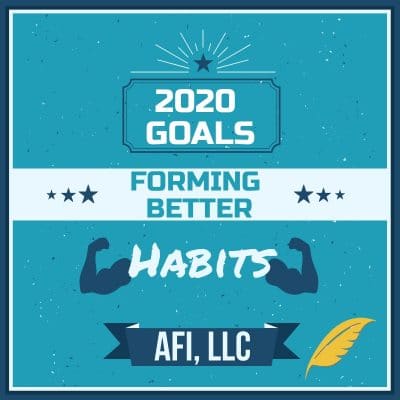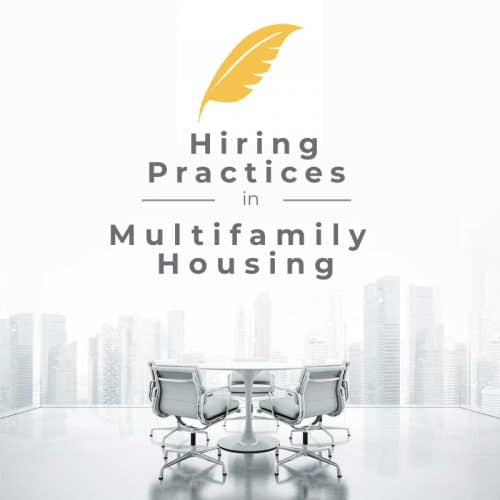Do Not Wait – Renew Now!
30, 60, 90 days, when is the right time for Property Managers to begin thinking about lease renewals? AFI thinks the sooner, the better! As the beginning of March is right around the corner, surely it is too soon to be thinking about leases expiring in May or June, right? Think again!
While most renewals are signed 30 days prior to lease expiration, there can be a great benefit to both Property Managers, and Residents alike when it comes to getting that renewal taken care of early. According to ApartmentGuide.com, “Most people sign 12-month leases in the summer, meaning that they also end around that time, so this is when the highest number of new apartments are coming on the market. The downsides are you’ll have to act fast and face higher rent — there are a lot of other renters looking for the perfect place at the same time” (De La Cruz, 2020).
With peak season for marketing and move-outs being in the summer, what then are the benefits for Property Managers when it comes to early renewals (Thomas, 2020)?
- Build Relationships with Tenants – Long-Term or happy residents will appreciate knowing they are being thought about “ahead” of time.
- Save Time & Money – Why market a unit that is occupied? Residents should be encouraged to make decisions regarding renewal vs move-out as early as possible in order to allow for an ample amount of marketing efforts to take place.
- Less CHAOS – New move-ins, unit turnover, community marketing, walk-ins, showings, summer maintenance issues, etc. These are just a few of the items Managers will be addressing over the busy summer months. Why add renewals to an already full plate?
As renewal rates have grown as high as 54% nationwide at the end of 2020, what then are the benefits for the Residents to sign early renewals (Ehmann, 2020).
- Beat the Crowd – As stated previously, your lease is probably not the only one up for renewal in the given month. Get ahead of the game and allow yourself time to make a thoughtful decision by considering an early renewal.
- Upgrades – Would you be more satisfied in your apartment with a fresh coat of paint or a new appliance? Making these requests in advance of your renewal can give your Property Manager time to carefully consider the accommodation and budget appropriately.
- Moving Out & Next Steps – If you have decided to move out of your current community, do your Property Manager, and yourself a favor by communicating this information early so you can focus on what is next!
Whether you are an Owner, Operator, or Resident, AFI recommends reviewing your move-out dates and planning as far in advance as possible. Eliminate the stress, eliminate the confusion, eliminate the “what-ifs,” and act now!
References:
De La Cruz, Emmelie. “When is the Best Time to Rent an Apartment?” www.apartmentguide.com, 27 Mar. 2020, www.apartmentguide.com/blog/best-time-to-rent-an-apartment/
Ehmann, Chuck. “Apartment Lease Renewal Rates Continue to Climb.” www.realpage.com, RealPage, 1 Sept. 2020, www.realpage.com/analytics/apartment-lease-renewal-rates-continue-climb/
Thomas, Cat. “Should I Renew My Lease Agreement with my Tenant?” www.rentecdirect.com, 24 Aug. 2020, www.rentecdirect.com/blog/lease-renewal/















